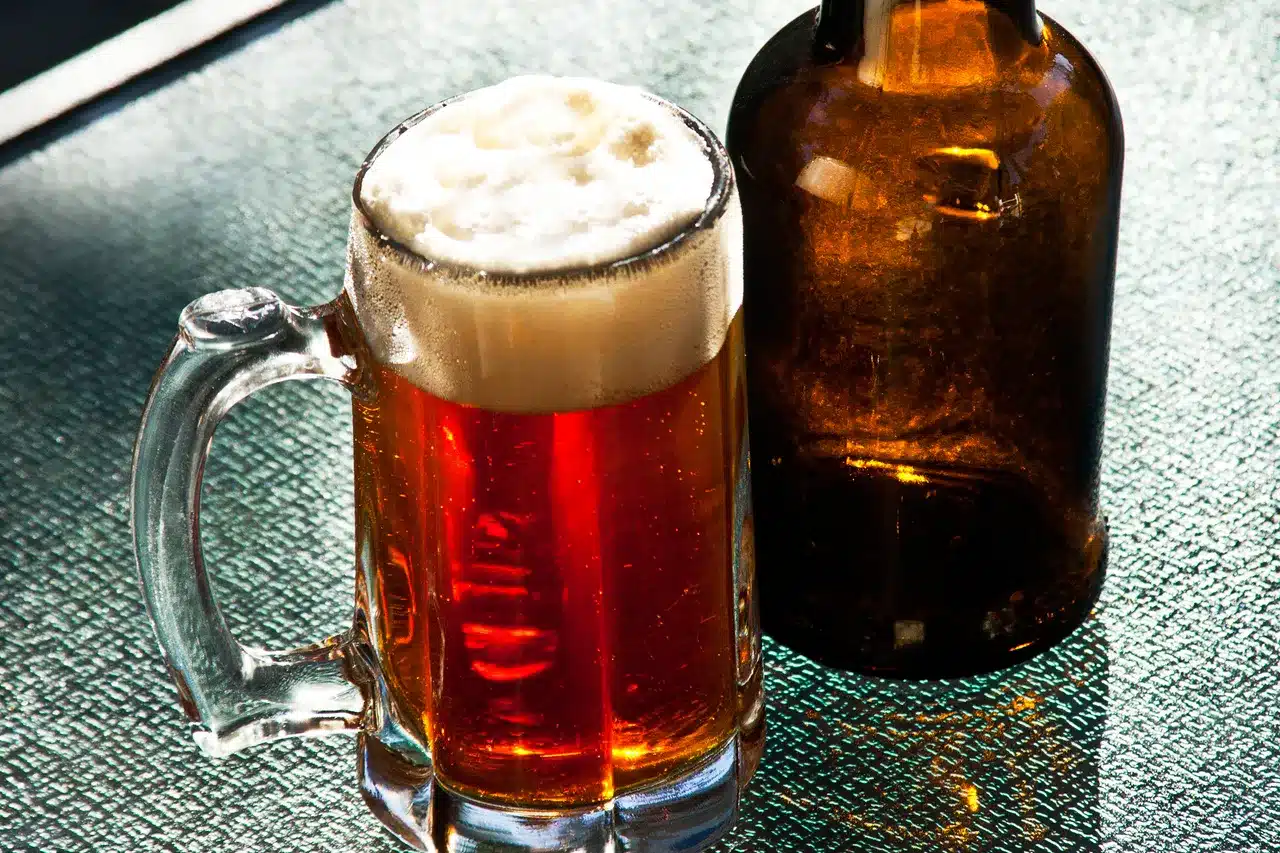
The World Health Organization (WHO) has reported a global shortfall in the application of taxes on unhealthy products like alcohol and sugary sweetened beverages (SSBs). Despite the potential of such taxes to promote healthier choices, most countries aren’t leveraging them effectively.
The data reveals that while some countries tax SSBs, often water is taxed as well, which WHO advises against. On average, the excise tax, specifically levied on consumer products, accounts for only 6.6% of soda prices worldwide. Although 108 countries tax SSBs, the impact appears limited.
In the context of alcohol, 148 countries have national excise taxes on alcoholic drinks, yet in 22 countries, mainly in Europe, wine remains exempt. The average global excise tax is 17.2% for popular beer brands and 26.5% for the leading spirits brand.
Significantly, a 2017 study suggested that a 50% increase in alcohol taxes could prevent over 21 million deaths in 50 years and generate US$17 trillion in revenue. This amount is equivalent to the total government revenue of eight of the world’s largest economies in a single year.
Dr. Rűdiger Krech of WHO emphasized that taxing unhealthy products leads to healthier populations, less disease, and additional government revenue, which can be used for public services. He also noted that alcohol taxes could reduce violence and road traffic injuries.
Lithuania serves as a case study, demonstrating the positive effects of increased alcohol taxes. After raising these taxes in 2017, the country not only witnessed a drop in alcohol consumption and related deaths but also saw a substantial increase in tax revenue.
Research confirms that taxing alcohol and SSBs reduces their consumption and incentivizes companies to produce healthier products. These taxes also help prevent noncommunicable diseases and injuries.
A Gallup Poll in collaboration with WHO and Bloomberg Philanthropies found widespread public support for higher taxes on unhealthy products. In response, WHO recommends applying excise tax to all SSBs and alcoholic beverages. To assist countries, WHO has released a technical manual on alcohol tax policy and administration, adding to existing manuals on tobacco and SSBs.


